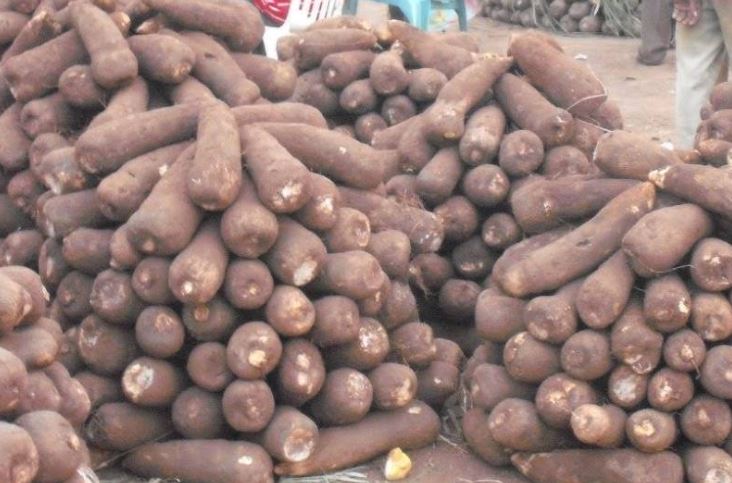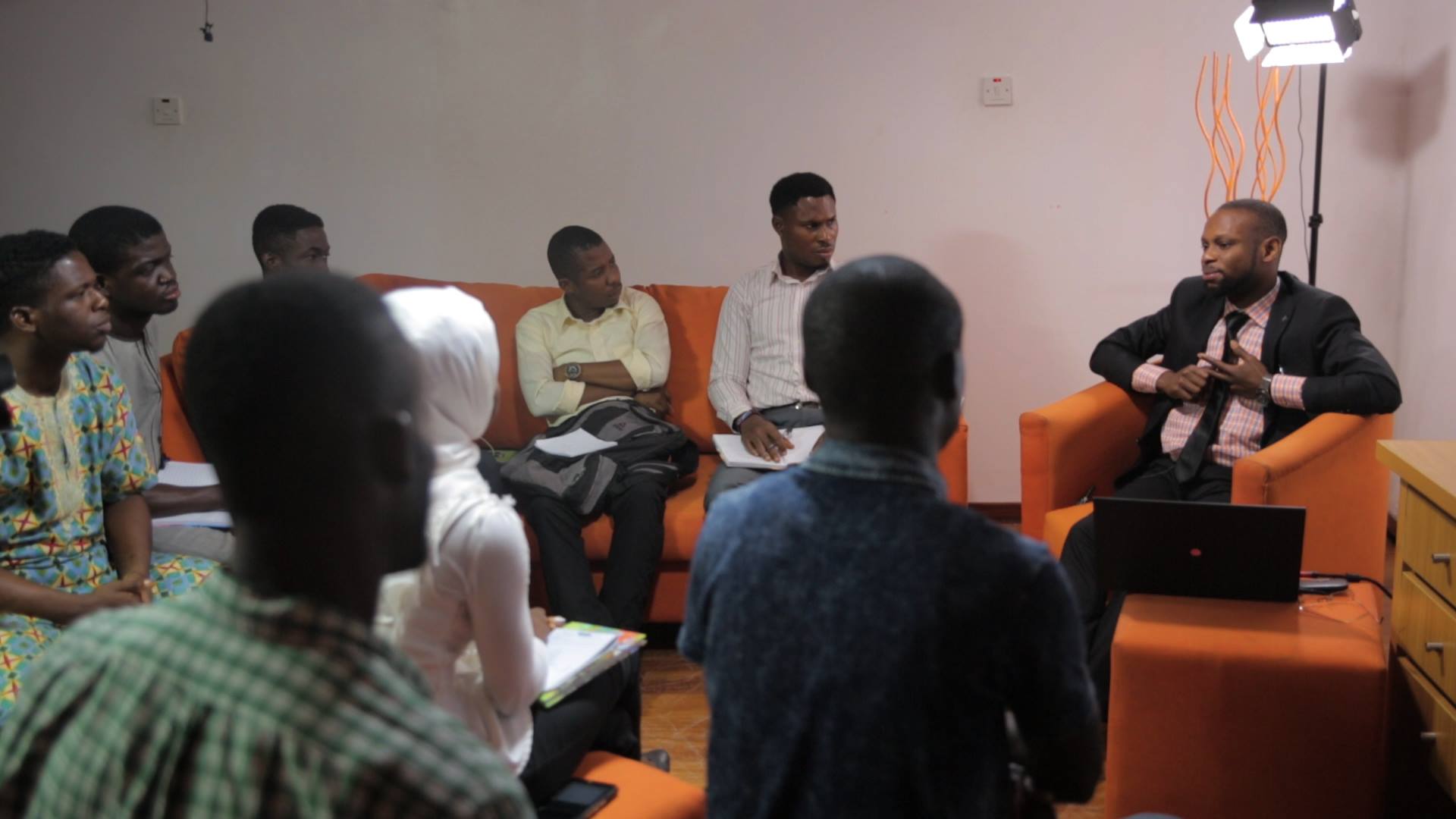Michael Ojo, the country director, Global Alliance for Improved Nutrition (GAIN), says preliminary research shows that Nigeria is losing up to N10 billion on post-harvest damages.
Ojo made this known to NAN on Sunday on the sidelines of the just-concluded ‘NutriPitch, the Nourish Nigeria Challenge.
NAN reports that the Nourish Nigeria Challenge is a programme by SBN in partnership with Global Alliance for Improved Nutrition (GAIN) and supported by FATE Foundation.
The programme received 140 applications from 26 states in the country.
Advertisement
Entrepreneurs at the event were made to go through an accelerator programme which was addressed by Nutrition and Food Safety, Value Chain Analysis, Financial Management and investor readiness.
The top five competitors will represent Nigeria in October 2018 at the regional conference in Nairobi Kenya.
On the impact of post-harvest loss to the economy, Ojo said that it was worrisome to see the volume of essential food items wasted either during transportation or unsold while some were dying of hunger.
Advertisement
“Basically, from the research conducted, and the information we have, it reveals that half of our agricultural produce is lost, especially nutritious foods between the harvest and the consumers,” he said.
“Some of these food items also perish as a result of not being sold. I think no word can quantify this because over N10 billion a year is lost to post-harvest loss because of the perishability of these foods.
“This is a lost opportunity to those that cannot have access to those foods and to the agricultural sector at large, we really need to look inward to fight these losses.
“In spite of the fact that there are some that cannot afford these foods, yet that we are losing them in the tune of billions is a cause for concern.”
Advertisement
Ojo said technological researches would help if invested in by the government and private sectors.
“In these losses, there is an open opportunity for us to invest in researches to tackle these problems because it is also an investment opportunity,” the researcher said.
“We need new approaches such as a movement away from transporting our perishable foods on raffia baskets to plastic trays which can increase the shelf life.
“Food items such as tomatoes, vegetables, fruits should have special means of transporting them from the farm to the market.
Advertisement
“Also, we need to develop ways through which we can conserve our foods to last longer than a season, it’s not just about research, but also making sure that we put research findings into action.”
Ojo said his organisation is working on ways of reducing malnutrition in Africa and in Nigeria in particular.
Advertisement
“We are trying to look at a more affordable way of making sure that people have more nutrients, so they need a project that we started about 16 years ago,” he explained.
“Our project now is to help our entrepreneurs in getting access to funds so as to see that our mothers don’t die during child bearing or post natal due to lack of basic nutrient.”
Advertisement
Add a comment






